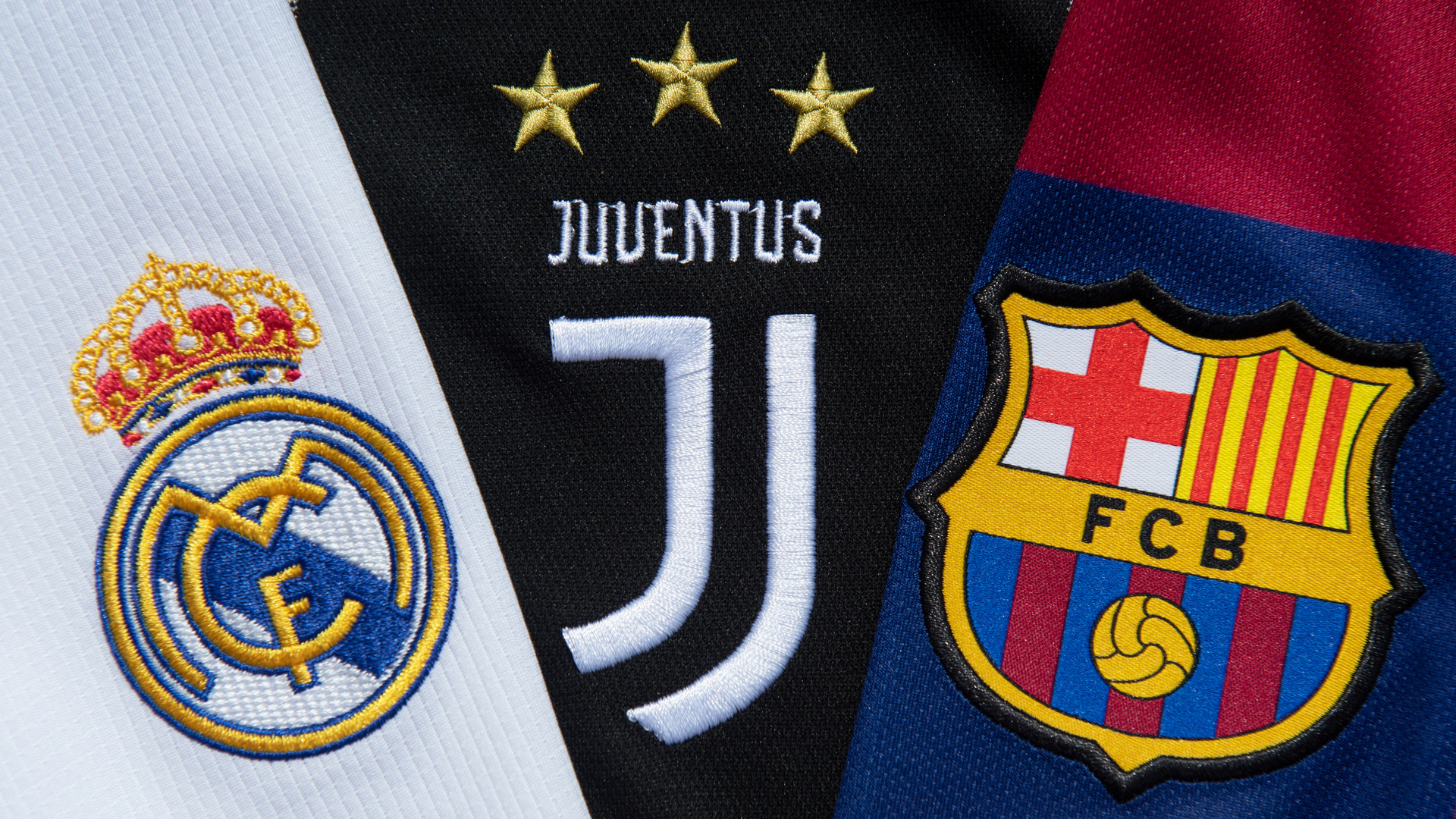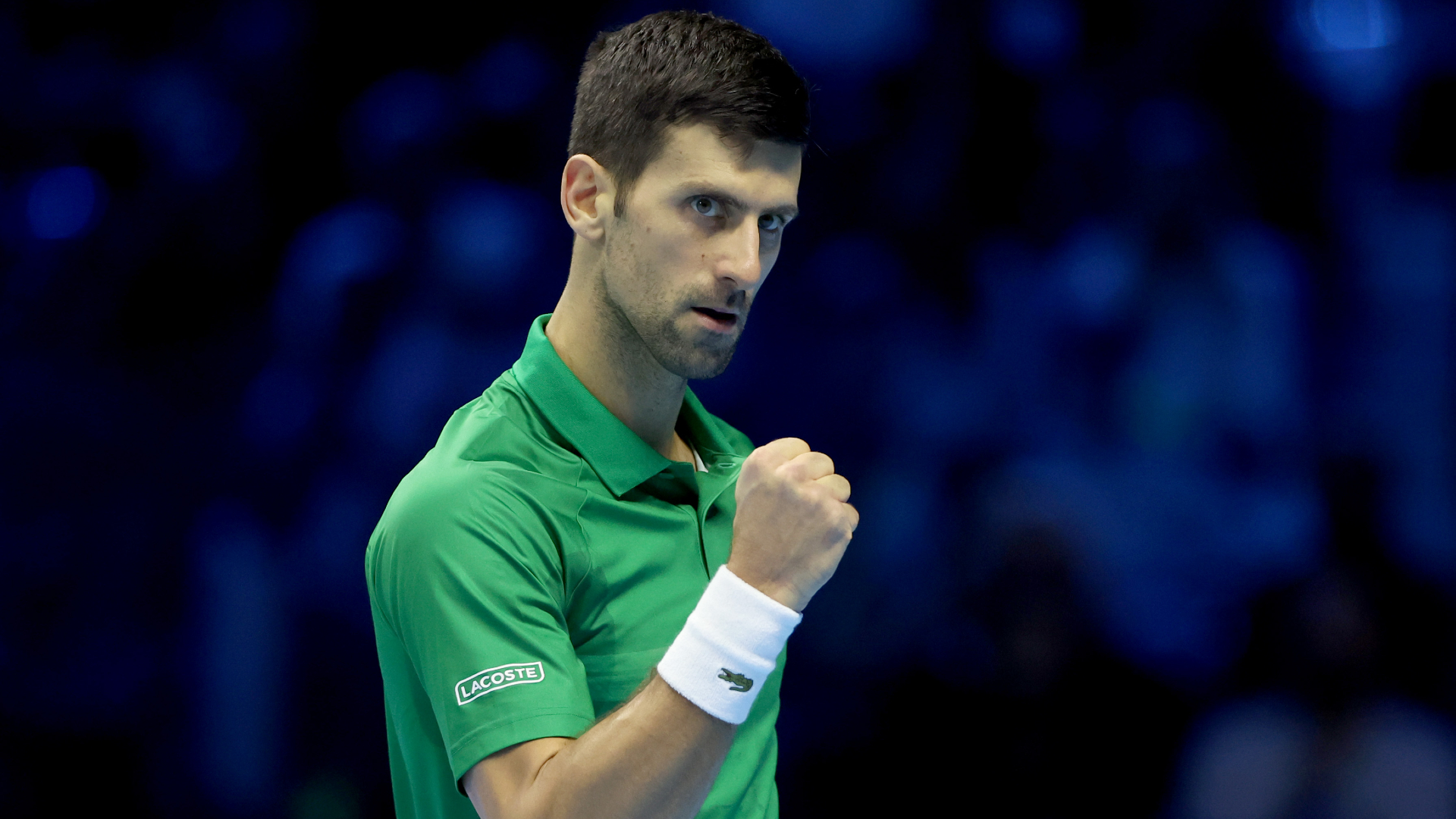
UEFA and FIFA would be entitled to freeze out a European Super League and its competing teams, according to a key opinion published on Thursday by the European Union’s Court of Justice.
A calamitous launching of the Super League last year saw 12 teams agree to take part, before most pulled out in a hurry after a furious backlash from fans, politicians and football governing bodies.
The Spanish league has since said it is determined to fend off a new proposition for an elite league, which it has warned would “destroy” the existing structure of the domestic game.
It was revealed in October 2022 that a move was under way to revive the proposals, with Barcelona, Real Madrid and Juventus still thought to be keen; however, there remains firm opposition from UEFA, which runs European football, and world governing body FIFA.
The advocate general of the EU Court of Justice (CJEU), Athanasios Rantos, was responding to a request by the Commercial Court in Madrid to rule on whether FIFA and UEFA would have the right to take action in accordance with competition law and fundamental freedoms.
European Super League (ESLC) chiefs argued such actions should be regarded as anti-competitive and incompatible with EU competition law.
Rantos said in his opinion, which is not binding and will be followed by a court judgement expected in the new year, that: “Whilst ESLC is free to set up its own independent football competition outside the UEFA and FIFA ecosystem, it cannot however, in parallel with the creation of such a competition, continue to participate in the football competitions organised by FIFA and UEFA without the prior authorisation of those federations.”
FIFA and UEFA had warned that players and clubs taking part in the breakaway league would be banned from their own competitions.
Six clubs from the Premier League and three each from LaLiga and Serie A initially agreed to join the European Super League, prior to public reaction leading to a rethink.
The opinion from Rantos noted that national federations and leagues would be able to threaten sanctions against clubs entering competitions “which would risk undermining the objectives legitimately pursued by those federations of which they are members”.
UEFA said in response: “UEFA warmly welcomes today’s unequivocal opinion recommending a ruling of the CJEU in support of our central mission to govern European football, protect the pyramid and develop the game across Europe.”
It described the opinion as “an encouraging step towards preserving the existing dynamic and democratic governance structure of the European football pyramid”.
UEFA added: “Football in Europe remains united and steadfastly opposed to the ESL, or any such breakaway proposals, which would threaten the entire European sports ecosystem.”








